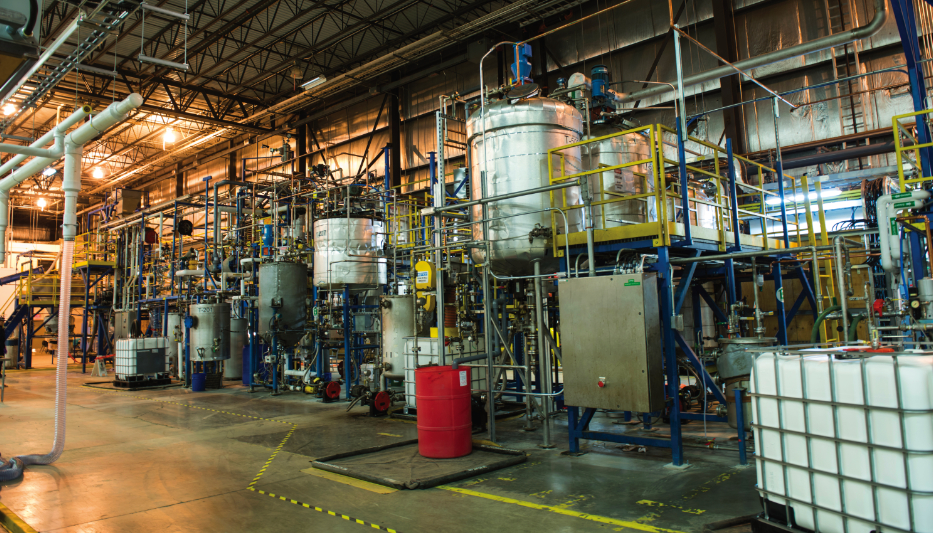Carbon-negative liquid fuels have arrived
Biofine Developments Northeast Inc. and Sprague Resources LP announced a long-term agreement that will bring the next generation of advanced biofuel, ethyl levulinate (EL), to the market. EL is being hailed as revolutionary, as it converts waste feedstocks into carbon-negative biofuels.
EL’s beneficial technical qualities, including its clean-burning and cold-temperature handling properties, have led The National Oilheat Research Alliance (NORA), National Energy and Fuels Institute (NEFI), and the Maine Energy Marketers Association (MEMA) to support and embrace EL as a pathway to decarbonize the heating oil supply.
This agreement marks another step toward developing a next generation bioproducts industry in Maine. Earlier this year, Biofine announced a long-term lease at the Lincoln Technology Park and identified a significant supply of forestry residuals that qualify for valuable Cellulosic Biofuel credits under the Federal Renewable Fuel Standard program. Under the terms of the agreement, Sprague will facilitate the commercialization of EL through its commitment to purchase and market EL produced from Biofine’s first production facility.
Biofine has worked over the last decade to commercialize the EL production process, an effort funded in part by the Maine Technology Institute (MTI) and augmented through a collaborative R&D effort at the University of Maine-Forest Bioproducts Research Institute (UMaine-FBRI). Under the direction of Dr. Stephen Fitzpatrick, CEO of Biofine, and Chief Development Officer Mike Cassata, Biofine has assembled a team to demonstrate the technology and prepare for industrial-scale production.
“We see this agreement as a critical step towards establishing a new industry that we believe will become a cornerstone of Maine’s decarbonization goals, equity, rural development, job creation, and forest economy resurgence,” commented Dr. Fitzpatrick. “The potential impact of establishing a beneficial circular economy within the state and Northeastern U.S. with the Biofine technology could be enormous.”
“We’re excited by the prospect of EL to contribute to the region’s decarbonization goals while leveraging existing heating system infrastructure and supporting consumer choices,” said Dave Glendon, President and CEO of Sprague. “Low carbon liquid fuels offer the greatest potential for meaningful, near-term reduction in emissions, and we believe that Biofine’s process is an innovative approach to supporting Maine’s forest products’ economy and renewable energy goals.”
Biofine is the exclusive licensee of a suite of intellectual property and numerous significant patents at the core of the EL production process.
“We at Biofine are looking forward to a lengthy, productive, and cooperative relationship with Sprague to establish a truly sustainable fuels industry ideally suited to Maine and the Northeast,” stated Dr. Fitzpatrick. “Sprague’s national reach and market expertise make them an ideal partner for Biofine.”
“We’ve been impressed with Biofine’s approach to the waste-to-fuel challenge,” said Dave Glendon. “We look forward to assisting them reach the scale necessary to bring this product to customers throughout the Northeast, dramatically reducing the carbon emissions of heating fuels. With a long history of introducing and marketing clean fuels, we believe that Sprague is well-positioned to advance Biofine’s goals for the growth of this innovative product.”


